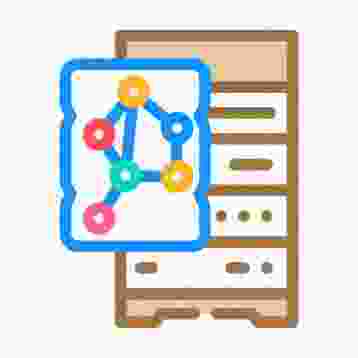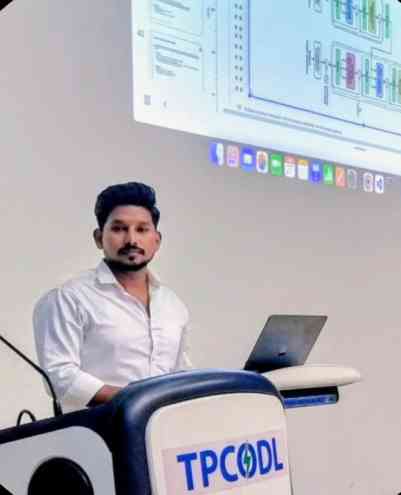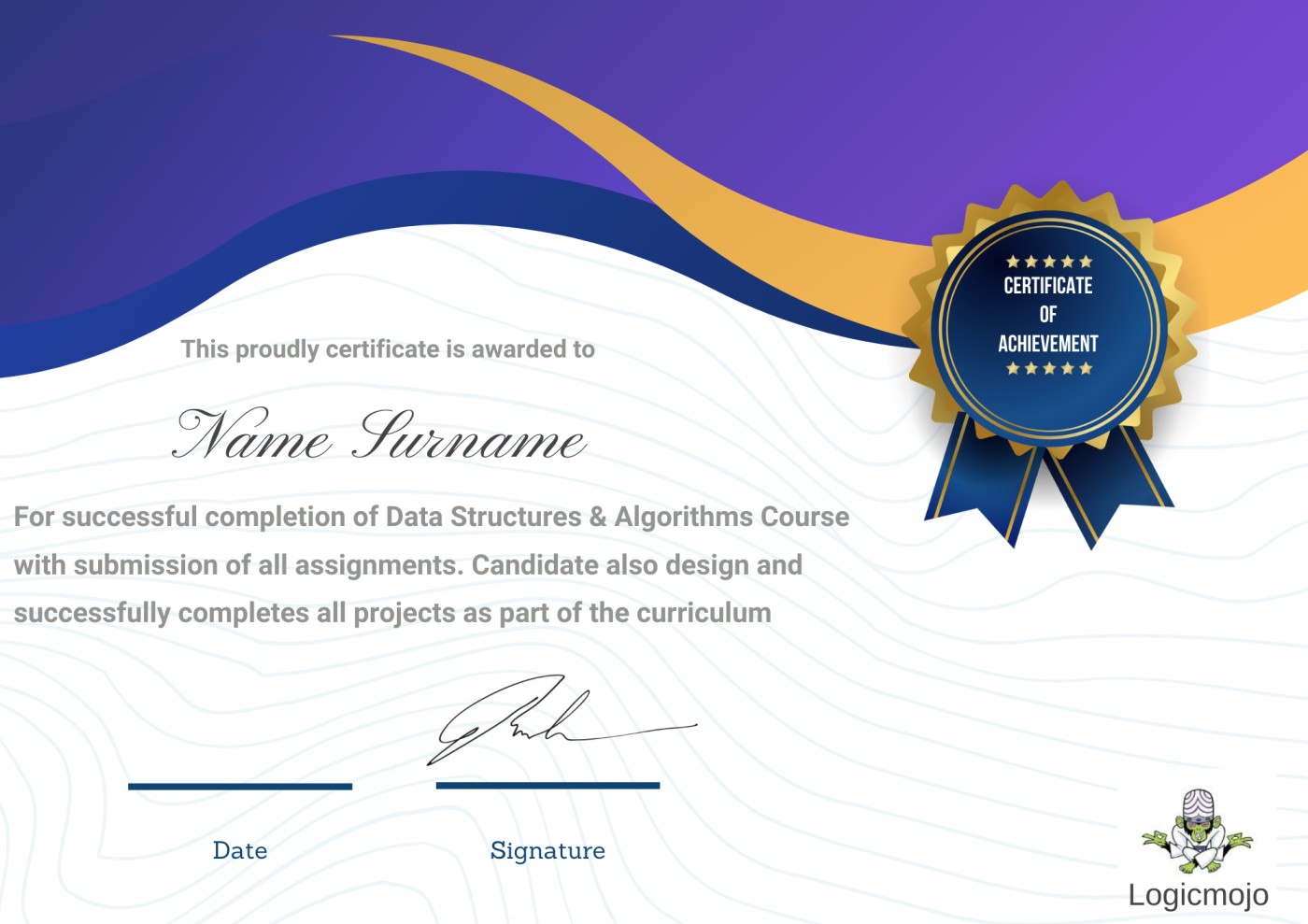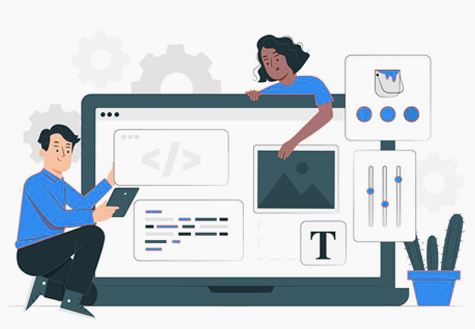
Why Trust This Expert
Aman works as a Full Stack Developer at WalmartLabs. He successfully transitioned from a primarily frontend-focused role to designing scalable backend systems. He understands the exact knowledge gap non-backend engineers face and how to bridge it effectively.
Readiness Checklist
- Not Mandatory: You do NOT need years of backend experience. Basic coding logic is enough.
- What is Required: Familiarity with at least one OOP language (Java, Python, or C++).
- The Gap: You will need to learn concepts like "Networking" and "Databases" from scratch, which good courses cover.
No, it is not a hard prerequisite. While backend experience helps, System Design is more about "Logic" and "Architecture" than writing complex backend code. Many Frontend Engineers, Mobile Developers, and Freshers successfully learn System Design by focusing on the fundamental building blocks (Load Balancers, Caching, DBs) rather than implementation details.
| Topic Barrier |
With LogicMojo (Beginner Friendly) |
Self-Study (Without Backend Exp) |
Databases |
Foundational. Explains SQL vs NoSQL from ground zero before scaling. |
Confusing. Hard to understand Indexing and Sharding without guidance. |
API Design |
Structured. Teaches REST & gRPC protocols as part of the curriculum. |
Fragmented. Difficult to connect APIs to the backend logic. |
Scalability |
Visual. Uses diagrams to explain how one server becomes many. |
Abstract. Very hard to visualize without prior exposure. |
1. LogicMojo System Design Course(Best for Non-Backend Devs)
We recommend this because it acts as a bridge. It covers the essential Backend Engineering concepts (OS, Networking, DBs) alongside high-level design.
Curriculum for Beginners:
- Module 1: CS Fundamentals (OS, Networks, Threads).
- Module 2: Database Internals (How B-Trees work).
- Module 3: High-Level Architecture (Scaling).
Support:
- Live Q&A: Ask "Basic" questions without judgment.
- Code Reviews: Get feedback on your API design.
2. Udemy: Fundamentals of Backend Engineering (Best for Tech Basics)
Created by Hussein Nasser, this is the bible for understanding the "Plumbing" of the internet. Highly recommended if you feel your networking knowledge is weak.
Key Features:
- Deep Dive: TCP/UDP, TLS, and HTTP versions.
- Backend patterns: Proxies, Sidecars, and Gateways.
Best For:
- Frontend Devs moving to Backend.
- Self-Paced technical strengthening.
3. Educative.io: Web Application Architecture (Best for Overview)
A lighter, text-based introduction to how web apps work. Good for getting a bird's eye view before diving deep.
Key Features:
- No Setup: Read and learn in the browser.
- Diagrams: Simple block diagrams of layers.
Best For:
- Absolute Beginners in Architecture.
Expert Advice
Don't let "Imposter Syndrome" stop you. Frontend developers make great Architects because they understand the "User Impact" of latency better than anyone else. Use that unique perspective.
 85+ Hours of Live sessions
85+ Hours of Live sessions 1:1 Doubt Session
1:1 Doubt Session Practice during class
Practice during class Lifetime accessibility class recordin
Lifetime accessibility class recordin Multiple Batches Options
Multiple Batches Options Regular Progress Tests
Regular Progress Tests Mock Interviews
Mock Interviews Resume Preparation
Resume Preparation Weekly Assignments
Weekly Assignments Complete code explanation
Complete code explanation
































































